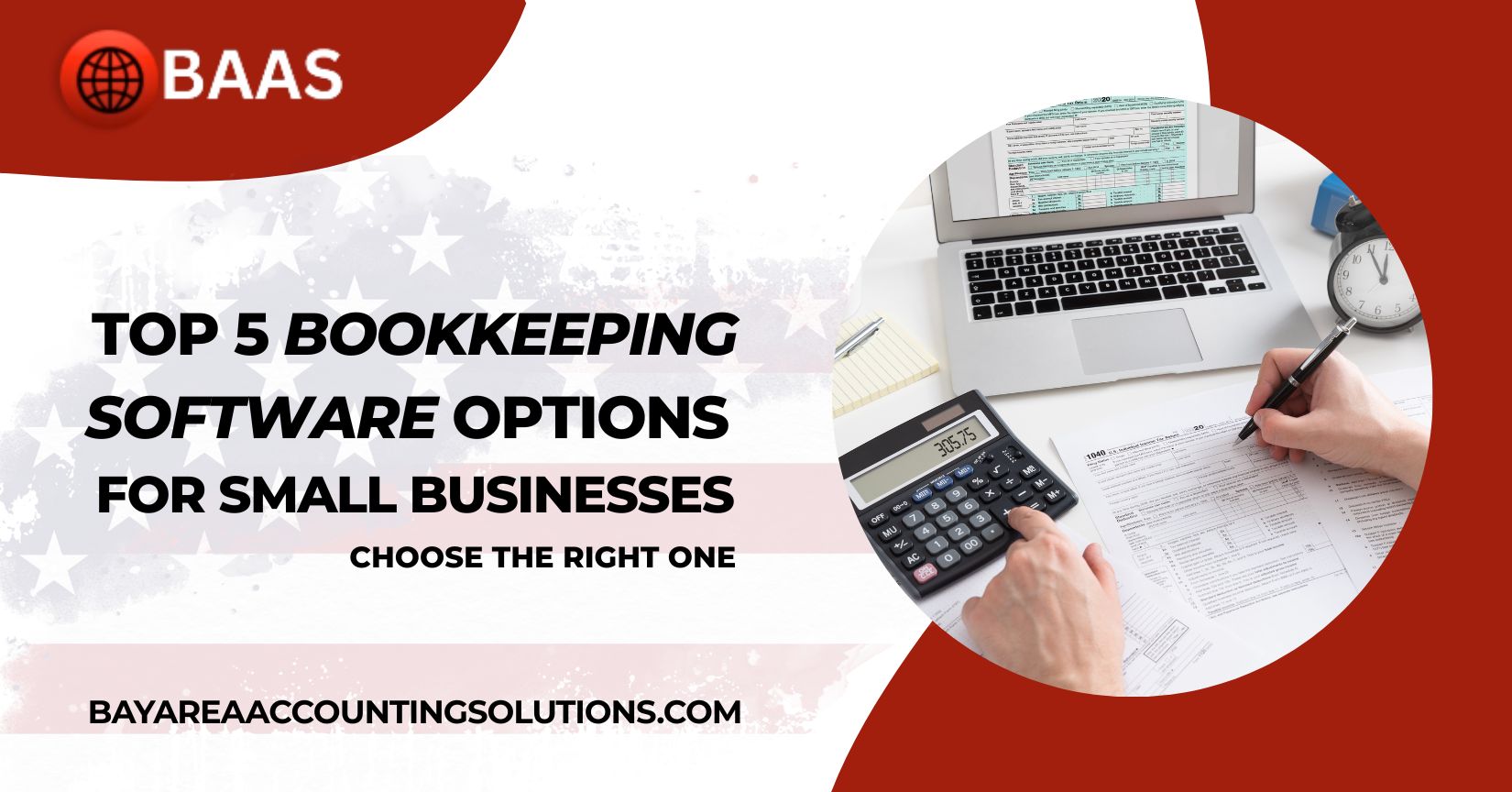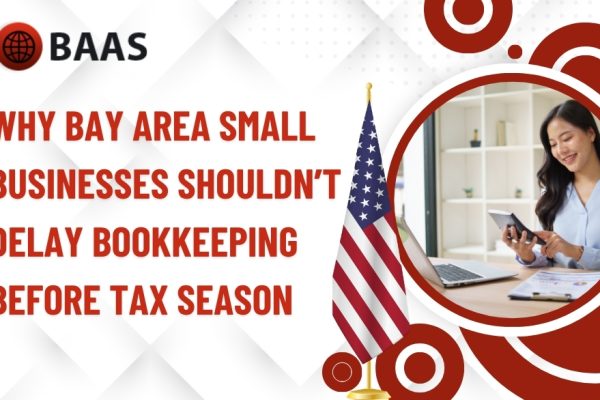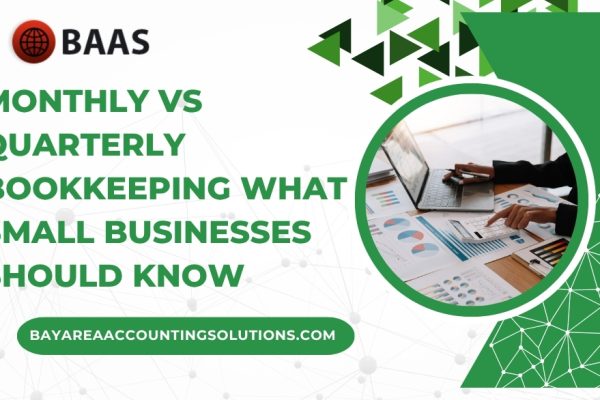Top 5 Bookkeeping Software Options for Small Businesses (And How to Choose the Right One)
Managing business finances is one of the biggest challenges small business owners face. Spreadsheets and manual bookkeeping might work in the early days, but as your company grows, so do your financial responsibilities. Choosing the right bookkeeping software can save hours of work, reduce costly errors, and give you clear insights into your financial health.
In this guide, we’ll explore the Top 5 bookkeeping software options for small businesses in 2025, highlight their features, and provide tips to help you choose the right one.
Why Bookkeeping Software Matters
Relying on manual records often leads to inefficiencies and mistakes. Bookkeeping software simplifies this process with automation, reporting, and real-time access.
Here’s why it’s essential:
- Automated Tracking – Eliminate manual entry and human error.
- Invoicing & Payments – Generate invoices and send reminders.
- Tax Integration – Make tax filing easier with accurate data.
- Cloud Access – Manage books from anywhere.
- Financial Insights – Reports and dashboards for better decision-making.
For small businesses, the right software isn’t just a tool—it’s an investment in growth and efficiency.
Top 5 Bookkeeping Software Options for Small Businesses
1. QuickBooks Online
QuickBooks Online is the most widely used accounting software, designed for scalability.
Features:
- Invoicing, payroll, inventory, and tax management
- Cloud-based access
- Hundreds of app integrations
Best For: Businesses looking for a comprehensive, all-in-one solution.
2. Xero
Known for its clean design and ease of use, Xero is a favorite among startups.
Features:
- Bank reconciliation and automated transaction imports
- Over 1,000 integrations with third-party apps
- Strong multi-currency support
Best For: Small businesses wanting an intuitive interface and flexibility.
3. FreshBooks
FreshBooks is designed with freelancers and service-based businesses in mind.
Features:
- Time tracking and project management
- Simple client invoicing
- Expense and mileage tracking
Best For: Consultants, freelancers, and service providers.
4. Wave Accounting
Wave is one of the best free solutions available.
Features:
- Free invoicing, receipts, and expense tracking
- Basic payroll (paid upgrade)
- Easy-to-use interface
Best For: Startups and very small businesses on a tight budget.
5. Zoho Books
Part of the Zoho ecosystem, Zoho Books is powerful and affordable.
Features:
- Workflow automation
- Tax compliance and GST filing
- Seamless integration with other Zoho apps
Best For: Businesses already using Zoho tools or looking for cost-effective automation.
How to Choose the Right Bookkeeping Software
Not all software fits every business. Consider these factors before choosing:
- Business Size & Industry – Freelancers may prefer FreshBooks; retailers often need QuickBooks.
- Budget – Wave is free, while QuickBooks and Xero require monthly fees.
- Features Needed – Do you need payroll, inventory, or time tracking?
- Integrations – Ensure it works with your POS, CRM, or e-commerce platforms.
- Scalability – Choose software that can grow with your business.
Common Mistakes When Choosing Software
Avoid these pitfalls when selecting your tool:
- Choosing solely based on price
- Ignoring data security
- Overlooking scalability for future growth
- Not testing integrations with existing tools
- Waiting too long to move away from spreadsheets
Why Bay Area Accounting Solutions Is the Best Partner for Your Business
Even with the best software, success depends on expert guidance. At Bay Area Accounting Solutions, we ensure your bookkeeping software works for you—not against you.
Here’s why small businesses trust us:
- Software Expertise – We’re certified in QuickBooks, Xero, Zoho, FreshBooks, and more.
- Seamless Setup – From installation to customization, we handle it all.
- Training & Support – We train you and your staff to use the tools effectively.
- Comprehensive Services – Beyond bookkeeping, we offer payroll, tax prep, and strategic planning.
- Catch-Up & Clean-Up – If your books are behind, we’ll organize them quickly and efficiently.
With us, bookkeeping becomes a growth tool instead of just an administrative task.
Pro Tip for Small Business Owners
Before committing, take advantage of free trials. Most providers let you test their software—use this time to evaluate features, integrations, and ease of use.
Conclusion
The right bookkeeping software can make financial management faster, smarter, and stress-free. Whether you choose QuickBooks, Xero, FreshBooks, Wave, or Zoho Books, the key is aligning the tool with your business needs.
And with Bay Area Accounting Solutions by your side, you don’t just get software—you get a financial partner who helps you maximize its value for sustainable growth.
FAQ — Bookkeeping Software for Small Businesses
Q1. Which bookkeeping software is best for beginners?
FreshBooks and Wave are beginner-friendly with easy interfaces.
Q2. Is QuickBooks worth the cost for small businesses?
Yes. It offers advanced features like payroll, tax filing, and inventory management.
Q3. Can I switch bookkeeping software later?
Yes, but migration can be complex. Working with professionals makes the transition smooth.
Q4. Is free software like Wave reliable?
Yes. Wave is reliable for basic bookkeeping, but growing businesses may outgrow it.
Q5. Do I still need an accountant if I use software?
Yes. Software organizes data, but accountants provide compliance, tax planning, and strategic advice.





